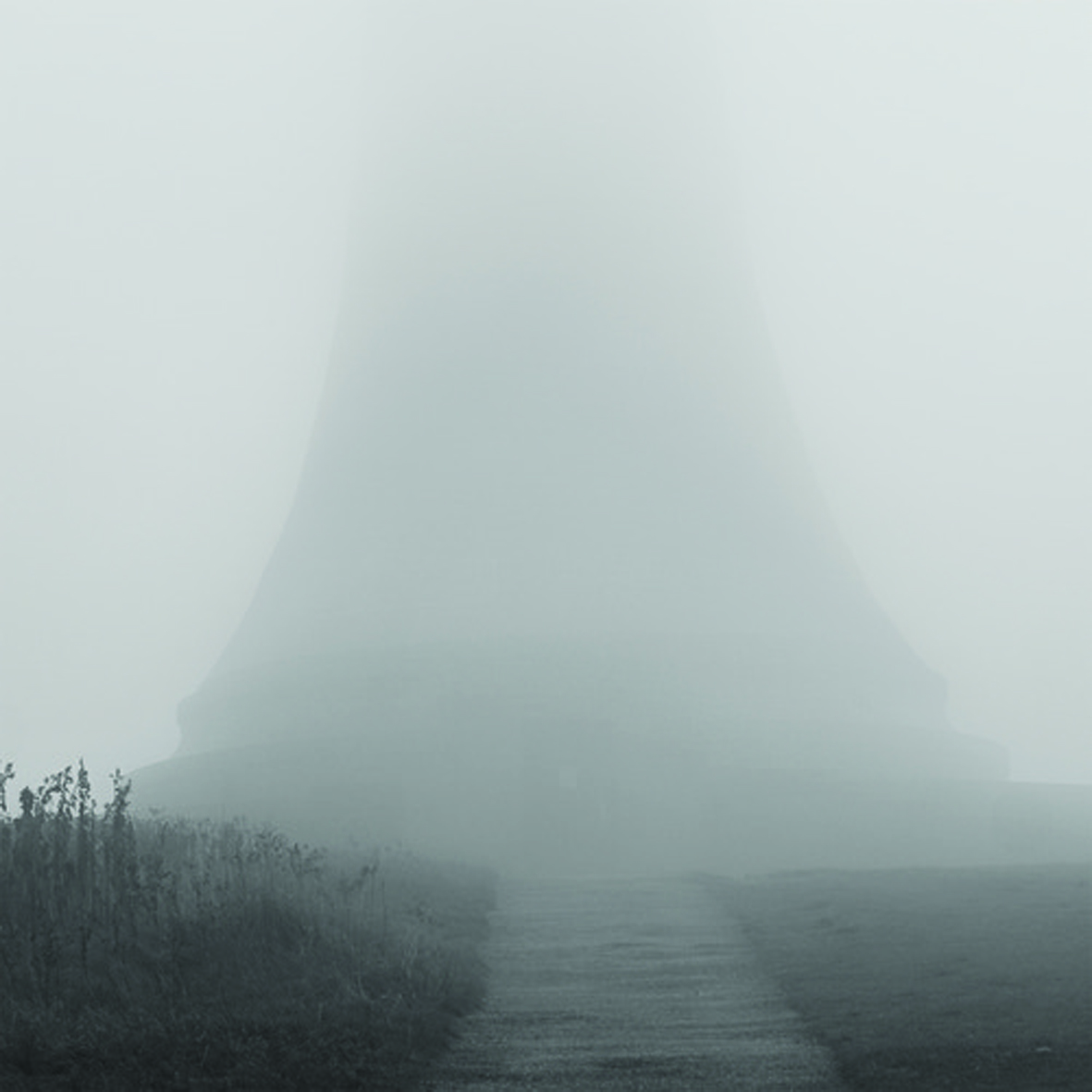 It is increasingly difficult to discuss Alex Cobb's career without invoking the name "Andrew Chalk," as the similarities between the two artists are impossible to miss.  For one, they both run fine record labels and they both make elegant, understated, and quiet albums.  More importantly, they both seem to share a curious drive to endlessly revisit the same stylistic thread in hopes of someday distilling it to absolute perfection.  That being the case, Chantepleure will absolutely not surprise anyone who has picked up any of Cobb's previous albums: it offers more of the same (which is quite good), but it is now a bit more sophisticated and nuanced than it was last time around.
It is increasingly difficult to discuss Alex Cobb's career without invoking the name "Andrew Chalk," as the similarities between the two artists are impossible to miss.  For one, they both run fine record labels and they both make elegant, understated, and quiet albums.  More importantly, they both seem to share a curious drive to endlessly revisit the same stylistic thread in hopes of someday distilling it to absolute perfection.  That being the case, Chantepleure will absolutely not surprise anyone who has picked up any of Cobb's previous albums: it offers more of the same (which is quite good), but it is now a bit more sophisticated and nuanced than it was last time around.
The word "chantepleure" means to sing and cry at the same time, which makes a lot of sense in this case, as this is probably as close to an Alex Cobb "break-up album" as we are ever likely to get.  Cobb's turbulent state manifests itself quite compellingly and uniquely throughout Chantepleure, as his languorous, billowing drifts of treated guitar are almost always haunted by the subtle specter of dissonance, particularly on the opening album highlight "Prayer Ring."  The importance of those buried, slightly curdled notes cannot be overstated, as Cobb's warm, blissed-out tranquility otherwise rides the fine line separating "beautiful" from "dangerously pastoral."Cobb has found a way to artfully infuse his soft-focus dreaminess with just the merest hint of mystery and anguish, which is very tough balance to hit just right.
Cobb's execution is also superior.  On pieces like "Anselin," his shimmering clouds of edgeless, formless guitar heaven feel so natural that they seem like their own living, undulating entity than something coaxed out of an instrument by a human.Alex never lets his work become static or conspicuously composed; rather the fragile individual strands constantly swell, dissipate, wax, and wane to form a complex tapestry of tones, overtones, and shifting harmonies that remains in a deliciously constant state of flux.  That seamless, organic quality is what primarily keeps me coming back to his work.
If Chantepleure has any flaws, they are highly subjective ones.  As mentioned earlier, it is quite a serene album, which is definitely is not for everyone: the album’s side-long closing centerpiece, "Path of Appearance," for example, takes a very long time to betray even a hint of a darker undercurrent.  The other caveat is that Alex's artistry is so dependent on nuance and small-scale dynamic shifts that it can be very hard to get into without sufficient will and patience.  There is no overt power, melody, textural variation, simmering tension, rhythm, or dynamic arc to latch onto with any of these pieces, which would make them very boring in less skilled hands.  In Cobb's hands, however, such obvious "hooks" are absent because he is simply working on a different plane–Chantepleure is absolutely teeming with compelling small-scale harmonic activity, but it takes some focus and attention to detail to reap those rewards.  I always appreciate that in an album.  In its own small way, Chantepleure is a bulwark against an increasingly fast-paced and superficial world, reminding me that there is always hidden beauty in the world if I slow down enough to take notice.
Samples:
 
 
Read More

